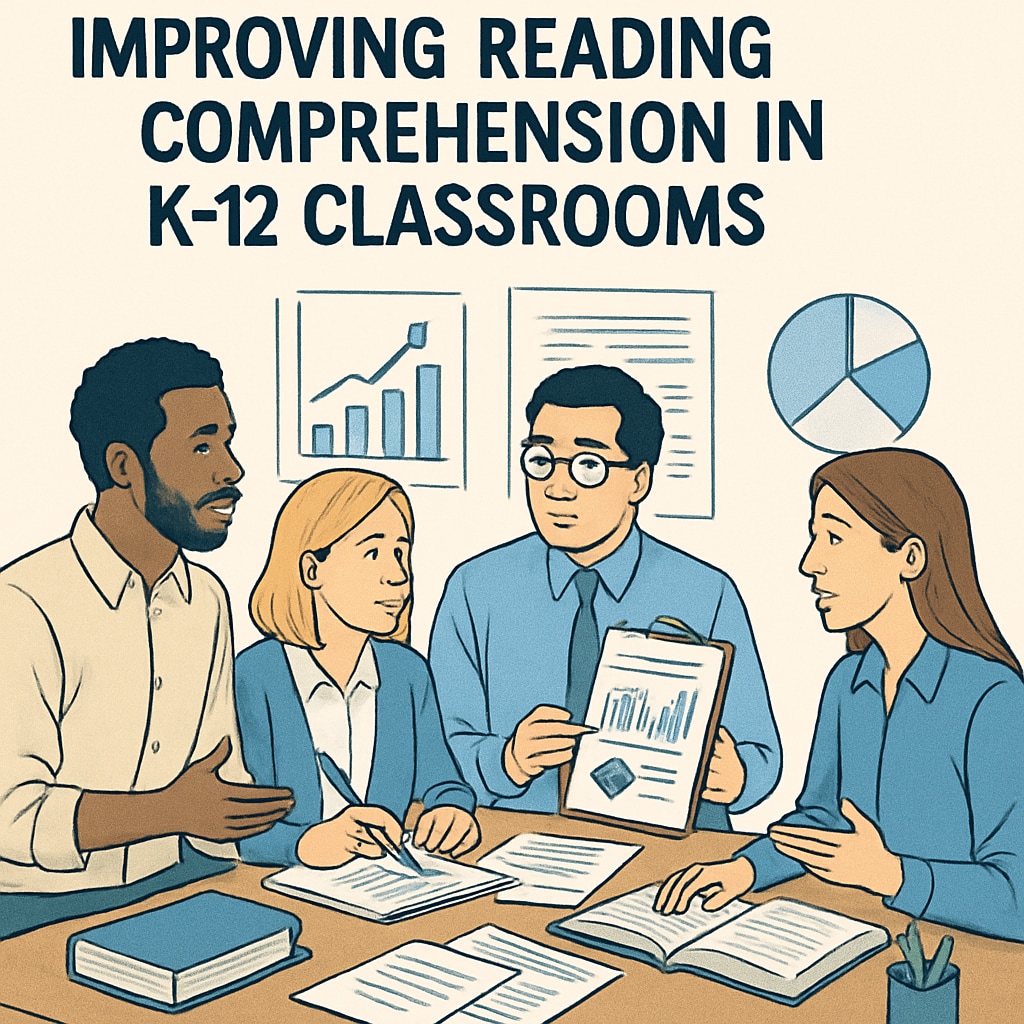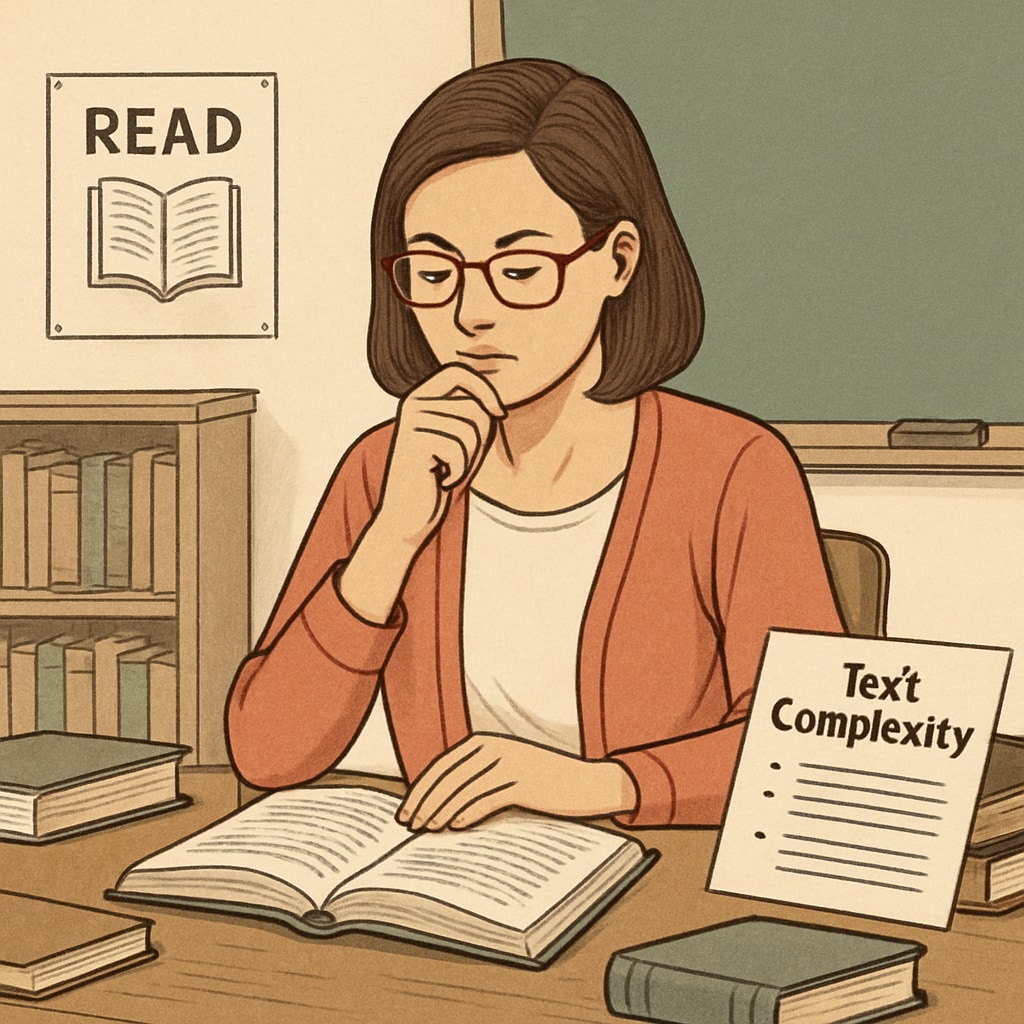Reading comprehension, text complexity, and teacher volunteers are pivotal elements in shaping the future of education. Teachers play a critical role in advancing research on text complexity, which directly impacts the effectiveness of reading instruction in K12 schools. By dedicating just 30 minutes to participate in these studies, educators can provide invaluable insights that refine teaching methods and address the diverse needs of students.
The Role of Teachers in Text Complexity Research
Text complexity refers to the level of challenge a written passage presents to readers. It encompasses factors such as vocabulary, sentence structure, and themes. Teachers, as frontline educators, have firsthand experience with how students interact with texts of varying difficulty. Their expertise is essential for identifying which elements of a text support or hinder comprehension.
For example, educators can highlight the types of texts that engage students while fostering critical thinking. This input helps researchers develop reading materials and curricula tailored to different age groups and abilities. By integrating teacher feedback, text complexity studies become grounded in real-world classroom experiences, ensuring practical application.

Why Teacher Volunteers Are Vital
Teacher volunteers bring unique perspectives to educational research. Their participation ensures that studies address the nuances of classroom dynamics and student diversity. For instance, they can pinpoint how cultural backgrounds or language proficiency influence text comprehension. Such insights are crucial for creating inclusive learning materials.
Moreover, volunteering in text complexity research is a simple yet impactful way for educators to contribute to the development of evidence-based teaching standards. A commitment of just 30 minutes can lead to meaningful advancements in reading instruction methodologies, benefiting both teachers and students.

Shaping the Future of K12 Reading Education
When teachers collaborate with researchers, the results extend beyond individual classrooms. Their contributions help establish benchmarks for reading proficiency and provide guidelines for selecting age-appropriate texts. This partnership fosters a more effective and equitable education system.
As a result, students benefit from improved reading comprehension skills, which are essential for academic success and lifelong learning. Additionally, teachers gain access to refined resources and strategies, enhancing their ability to support diverse learners.
Participation in text complexity research is not only an opportunity to influence educational practices but also a chance to advocate for the needs of students. By sharing their expertise, teachers shape the future of reading education and ensure that every child has the tools to thrive.
Key Takeaways:
- Teacher insights are indispensable for understanding text complexity in the classroom.
- Volunteer participation in research contributes to evidence-based educational standards.
- Collaboration between educators and researchers enhances reading instruction for K12 students.
As the education landscape evolves, teacher involvement in text complexity research remains critical. By working together, educators and researchers can build a more accessible, engaging, and effective reading curriculum for future generations.
Readability guidance: This article uses concise paragraphs, lists to summarize key points, and transitions to ensure flow. It avoids excessive jargon and maintains a balance between technical detail and accessibility.


